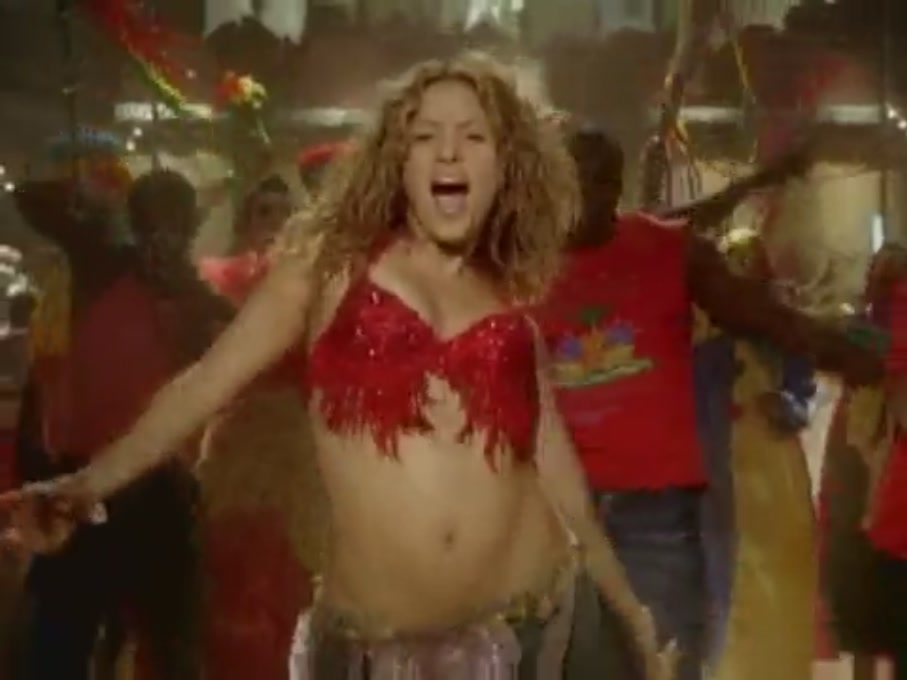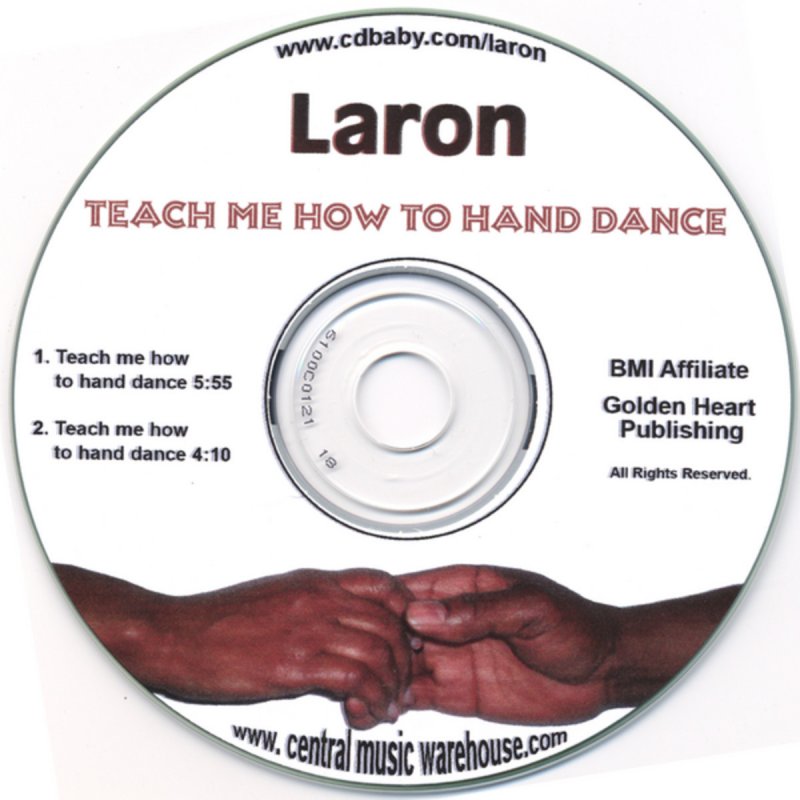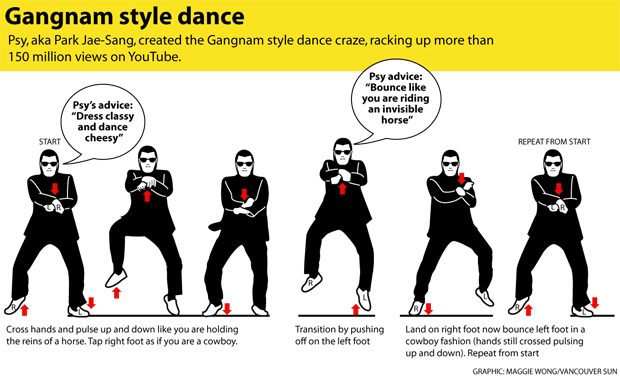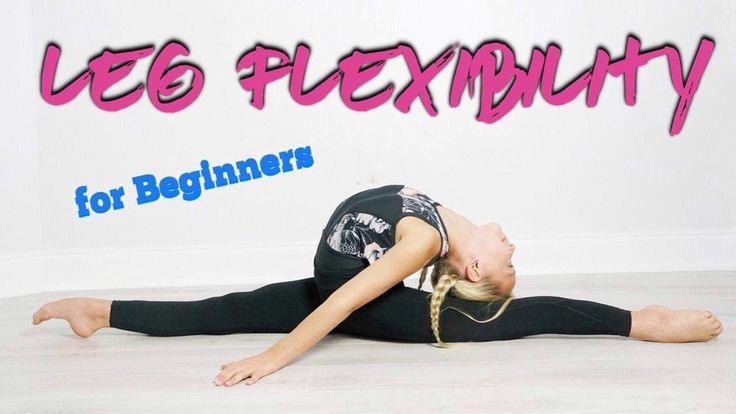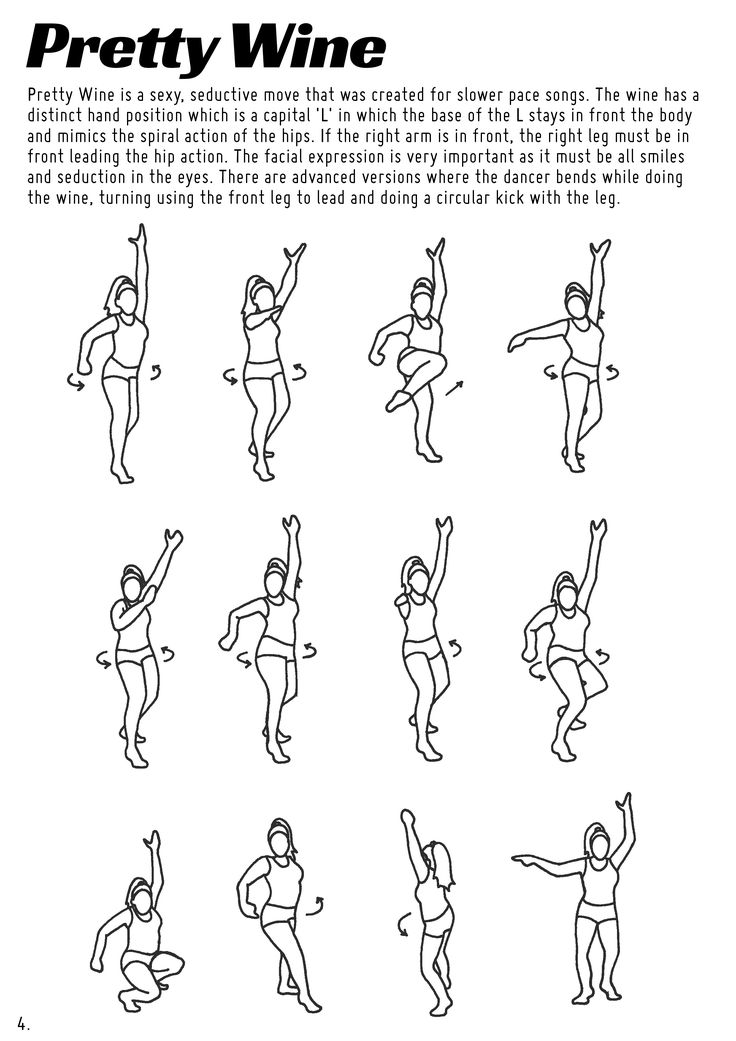How it ends devotchka dance
Music In Review: DeVotchKa - How it Ends
After rambling about the original Gears of War trailer in my last review, I am naturally thinking of the equally good Gears of War 2 Trailer. Specifically, the “Last Day” trailer:
Gears of War 2 Trailer "Last Day":
A part of me feels silly revisiting this topic, cool trailers for games I never played. However, I felt this second trailer was significant, just because it was this trailer, the Gears of War 2 “Last Day” that started the last review’s talking point. I was watching TV with some friends and Gears of War 2 “Last Day” trailer hit, and one of my friends asked in earnest, “when did video game trailers get better than movie trailers?”
That is how we arrived here.
Good song selection is clearly a key component to the quality of these trailers. An abridged version of “How it Ends” by DeVotchKa accompanies the Gears of War 2 trailer “Last Day.” They wisely jump to the highest emotional moment of the song, the final chorus.
“And you already know,
Yeah, you already know,
How this will end.”
This trailer was the first time I ever heard “How it Ends” and it had an affect on me.
I never played any of the Gears of War games but given how dark the theming of the games appeared to be, my imagination conjured up a horrible ending. The main character seemed too badass to die, and since it is a video game with sequels he sort of needed to survive for the franchise to continue, so I always speculated that probably his wife is killed horribly by the horrific monsters we see glimpses of in the trailers and humanity badly loses the battle. I have no idea if I am correct, but that trailer gave me a lot of confidence that my first wild guess should be correct.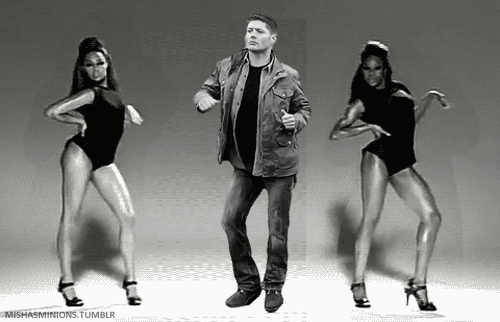 After all, apparently, I already knew how it will end.
After all, apparently, I already knew how it will end.
DeVotchKa is very different band. They are sort of an indie rock band, but they do not really sound like anything else I listen to. A quick examination of their lineup reveals a lot:
- Nick Urata – vocals, guitars, piano, trumpet, theremin, bouzouki
- Tom Hagerman – violin, accordion, piano, melodica
- Jeanie Schroder – sousaphone, bass, vocals, flute
- Shawn King – drums, percussion, trumpet, accordion, organ
What a list. I do not even know what a bouzouki is. There was a time when I thought the sousaphone was a fictional instrument that the writers of Venture Bros just made up; but it turns out that it is a real instrument.
It is safe to say the musicians of DeVotchKa are multitalented. It is also, safe to say, that DeVotchKa are a highly experimental band. I have listened to a number of DeVotchKa’s early albums, and I liked many of their songs, but I found it hard to find any sort of consistency in style from one song to the next.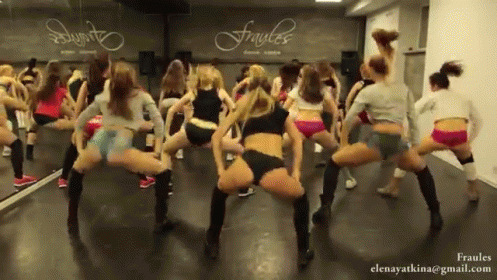 A problem many musicians face is repetitiveness, and DeVotchKa has completely avoided that by branching out with a vast variety of instruments and sounds. I would be lying if I said I loved DeVotchKa the band, though I do enjoy them, but I have always found them compelling, and that might be more worthy of respect then simple enjoyment.
A problem many musicians face is repetitiveness, and DeVotchKa has completely avoided that by branching out with a vast variety of instruments and sounds. I would be lying if I said I loved DeVotchKa the band, though I do enjoy them, but I have always found them compelling, and that might be more worthy of respect then simple enjoyment.
I do however love their song “How it Ends.”
As a huge fan of string instruments, I thoroughly enjoy the use of violin, piano, bass and guitar. Combine all that with some heavily emotional lyrics and it makes sense that “How it Ends” would greatly appeal to me.
How does it end? Normally I try to dissect lyrics by piecemeal, but I do not think I can do that here.
“Hold your grandmother's bible to your breast.
Going put it to the test.
You want it to be blessed.
And in your heart,
You know it to be true,
You know what you got to do.
They all depend on you.
And you already know.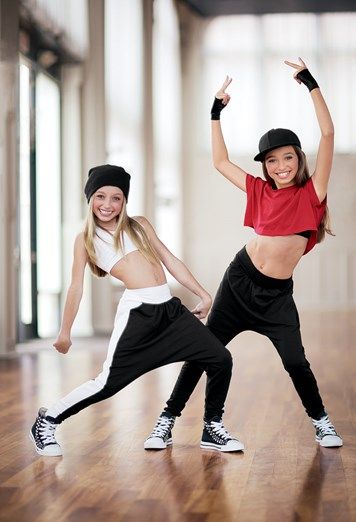
Yeah, you already know how this will end.
There is no escape,
From the slave-catchers' songs.
For all of the loved ones gone.
Forever's not so long.
And in your soul,
They poked a million holes.
But you never let them show.
Come on it's time to go.
And you already know.
Yeah, you already know how this will end.
Now you've seen his face.
And you know that there's a place,
In the sun,
For all that you've done,
For you and your children.
No longer shall you need.
You always wanted to believe,
Just ask and you'll receive,
Beyond your wildest dreams.
And you already know.
Yeah, you already know how this will end.”
The most obvious conclusion is that “How it Ends” is about death. It is hard to argue with this assertion. Death is the unavoidable end of everything. All that lives are born to die, and we all already how this. I do not disagree with this interpretation; however, I believe there is more going on in these lyrics then an acknowledgement of mortality.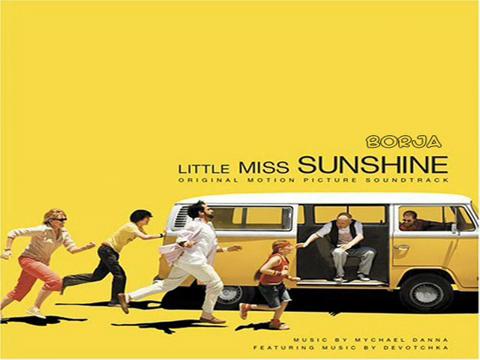
From the first line, it should be obvious that religion is part of this song, but what I like is that there is a level ambiguity as to whether or not this is a song about keeping faith or losing it. The final verse strongly suggests that god’s face appears before the subject and that the place in the sun is presumably heaven, thus faith confirmed. There is no escaping the slave-catcher, who I guess represents death, and when it comes time to go, there is an after life waiting.
I often comment how I like sad lyrics with an upbeat melody, but “How it Ends” sort of does the opposite; there are uplifting lyrics with a very somber sound.
In between each lyrical piece there is a bridge that plays like a mad dance. These manic moments really drive a feeling of confusion into the song. Almost like an untrustworthy narration is at play, and this is what gives me pause about confirming faith as a true message of this song. In your soul they poke a million holes, and maybe, despite the verses strongly, desperately even, holding to hope, maybe the chorus reveals the opposite. You always wanted to believe, but you already know how it really ends. Maybe forever is not so long because, maybe forever in this context is nil and there is no afterlife, and deep down even the most devoted know this.
You always wanted to believe, but you already know how it really ends. Maybe forever is not so long because, maybe forever in this context is nil and there is no afterlife, and deep down even the most devoted know this.
Either interpretation is available to the listener, and perhaps many more. Few songs are so inspiringly beautiful but simultaneously crushing. Very emotional.
Then the song ends with the long chilling violin outro. Probably my favorite part.
Whenever I write these reviews, I listen to the song at least a dozen or more times as I write, and you know what I never noticed before? I never noticed that DeVotchKa “How it Ends” is seven minutes in length. Whenever this song comes up randomly on one of my playlists, I typically listen to it twice, that is fourteen minutes, and it never felt that long. It truly is an engrossing song.
It may seem odd, that I used two video game trailers as introductory points to open a dialogue about two songs I like, but that is how I experienced these songs. A song like “How it Ends” invokes a lot of thoughts in me, and some of them are forever linked back to Gears of War. Also, it makes me think about death and people’s very complicated feelings about faith. Also, on a personal note, it makes me think of my own writings. I have a big epic story in my head, and it is as grand and grim and I already know how it ends, and it is as uplifting and harrowing as this song.
A song like “How it Ends” invokes a lot of thoughts in me, and some of them are forever linked back to Gears of War. Also, it makes me think about death and people’s very complicated feelings about faith. Also, on a personal note, it makes me think of my own writings. I have a big epic story in my head, and it is as grand and grim and I already know how it ends, and it is as uplifting and harrowing as this song.
Until next month, keep on rocking in the free world.
- King of Braves
Colorado Ballet's ‘Beat’ Moves To DeVotchKa’s Drums | Arts District Old
“The work is very passionate. It is constantly moving. The dancers are darting in and out of the wings,” said Brown. “It is about relationships. It is about love, loss and hope.”
The music and lyrics sung by DeVotchKa lead singer Nick Urata are also stimulus for Colorado Ballet Principal Maria Mosina.
“The music very emotional,” said Mosina, a Russian native and Boloshoi Ballet stand out recruited by Colorado Ballet 19 years ago. “It help us to bring our emotion out to our movements, to the audience, and it’s very helpful actually.”
“It help us to bring our emotion out to our movements, to the audience, and it’s very helpful actually.”
Inasmuch as a military-centered ballet driven by indie rock differs from classics like Swan Lake or Sleeping Beauty, you will also find distinctions in the look and feel of contemporary versus classical ballet.
In contemporary ballet, the movement is as staccato as classical is sinuous. The lines of classical ballet are vertical, dancers legs are turned out, and they are on their balance. The look is long, lean, square, and even. Contemporary incorporates that foundation and mixes it up. Lines could be horizontal or inverted and dancers might appear to be off balance.
Dana Benton is among the company members negotiating the rigors of both styles.
“Contemporary just give you that push to go outside the box and go way off your leg and see, ‘How far can I go today without falling over?’ ‘How can I stretch myself even more today?’ And just testing yourself the whole time,” said Benton, a Colorado Ballet Soloist.
Choreographer Sandra Brown and Artistic Director Gil Boggs have danced both styles with American Ballet Theatre in New York. For Boggs, contemporary ballet helps advance the art form.
“They need to work with the choreographers. They need to be a part of the collaborative process of new work being put together. It challenges them as artists when they do that,” said Boggs.
In addition to The Last Beat, the end of the 2013-2014 season Ballet Director’s Choice performance also includes two previously performed contemporary works, Feast of the Gods, and Traveling Alone. Each had world premieres in 2009 and 2012 respectively.
“The great thing about bringing them back is that the company grows more into them as artists,” said Boggs. “They’ve done it, they performed it, and now they are revisiting the material and it actually gets better with age, if you will.”
By performance time, the dancers don’t distinguish between brand new or previously performed.
Asked to describe what she experiences in performance, Maria Mosina sighed euphorically.
“It’s like, sometimes like in your dreams. It’s something emotional and happy. But it could be hard work,” mused Mosina. “And when It’s done and when you are doing your last bow and you are hearing the ovations from the audience and that’s what you live for as a dancer.”
By Carrie Saldo
Arts District is a collaboration of KUNC, RMPBS, and KUVO.
Please enable JavaScript to view the comments powered by Disqus.comments powered by Disqus
14 good reasons to send your child to dance
Every parent knows how important not only the intellectual but also the physical development of the child is. After all, it is in childhood that the rapid growth of the body occurs, the nervous and musculoskeletal systems are actively formed, the respiratory apparatus is improved and the foundations of good health are laid. It is also important that properly selected physical activity has a positive effect on the child's intelligence.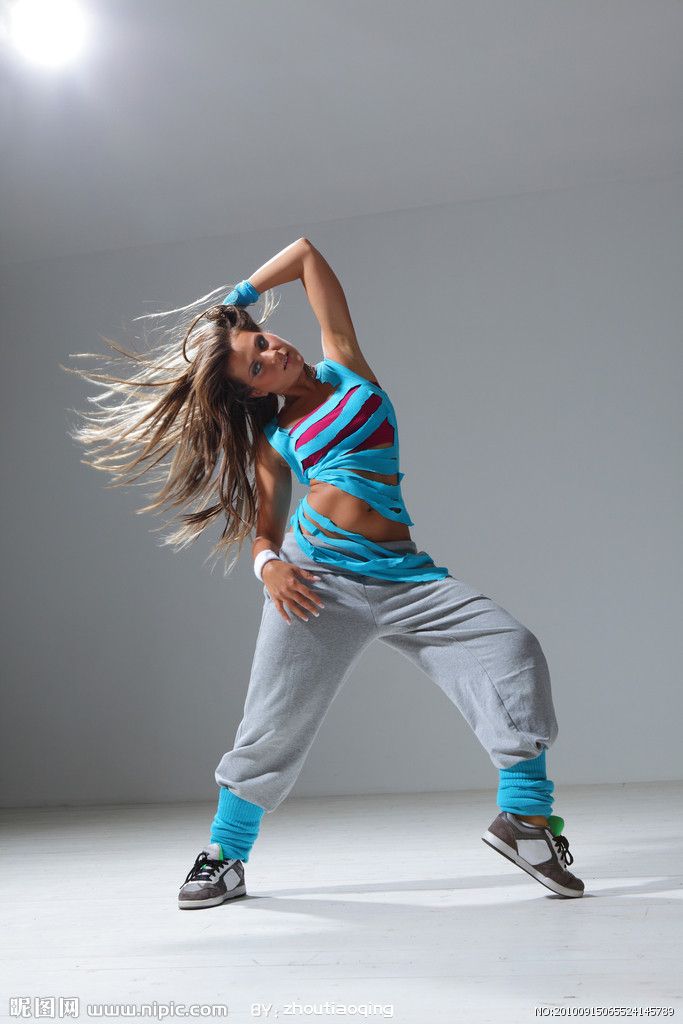 It is not surprising that from an early age of the baby, moms and dads seriously think about what to prefer - sports or dancing. nine0003
It is not surprising that from an early age of the baby, moms and dads seriously think about what to prefer - sports or dancing. nine0003
In addition to many advantages, playing sports has its own disadvantages and contraindications. As for dancing, it is actually the best choice at any age. And the world champion, European champion among youth in 2008 in the Latin American program, vice-champion of Russia, bronze medalist of the European championship among professionals in sports ballroom dancing in 2016, the founder of one of the best dance schools in Moscow - Roman Kovgan. nine0003
1. Physical health
Dancing has the most positive effect on joints, the heart and the entire circulatory system due to interval loading and a uniform effect on all muscle groups. In addition, dancing, unlike sports, is non-traumatic and has almost no contraindications.
2. Psychological health
It is dance that allows you to throw out all the negative energy accumulated during the day, as well as give freedom to your inner feelings and energy, relieve stress.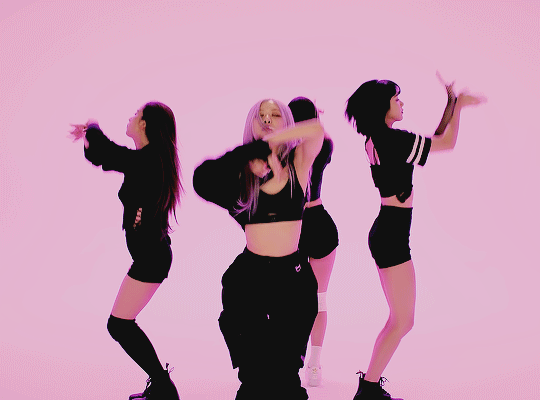 nine0003
nine0003
3. Development of memory and intelligence
Systematic dance lessons, memorization of movements, steps, parties, dance sequences and combinations is, firstly, an excellent training for memory. Secondly, orientation in space and time is improved, such qualities as endurance, independence, perseverance, activity, initiative, a sense of camaraderie and mutual assistance are formed.
4. Communication and social adaptation
In dancing, even the smallest ones realize the need for communication. Children learn to find a common language, work in pairs and in a team, negotiate, feel a partner, communicate with the opposite sex respectfully and without hesitation, communicate with people of different ages - all this will definitely come in handy in adult life. “And indeed, in my experience,” says Roman, “children who have been dancing for a long time stand out from others very much, they are more free in communication, independent, confident.” nine0003
5.
 Aesthetic development
Aesthetic development “Aesthetics of movement, understanding of music, good choreography and beautiful costumes, all this together contributes to the development of good taste. And if the school itself is as beautiful as our Dance School, - Roman smiles, - then this is doubly wonderful. It is no less important and pleasant for a child to study in a beautiful place than for an adult.
6. Public speaking skill
Constant open lessons, performances on stage and competitions remove any fear of the public. No embarrassment! nine0003
7. Artistry
“And also musicality, a sense of rhythm, the ability to improvise - that's what dances give in abundance. Teachers are especially working on the development of these abilities, and our school has an author's program for the smallest, where additional emphasis is placed on rhythm and the basics of acting, ”comments Roman Kovgan.
8. Coordination
One of the most important skills in life. Dancing, like no other physical activity, develops coordination and "muscle memory", children's clumsiness disappears, in the future, new directions in dancing and new sports are easily mastered, and most importantly, it turns out to easily and gracefully control your body. And this skill will remain for life. nine0003
Dancing, like no other physical activity, develops coordination and "muscle memory", children's clumsiness disappears, in the future, new directions in dancing and new sports are easily mastered, and most importantly, it turns out to easily and gracefully control your body. And this skill will remain for life. nine0003
9. Harmonious physical development
It is known that children who are constantly engaged in dancing do not suffer from curvature of the spine, have a proportionally developed muscular system, a beautiful gait and correct posture. Doctors state that no sport is as effective in aligning the spine as dancing. Plasticity, grace and dexterity are included.
10. Professional sports career at any age
If there are strict age restrictions in sports and a sports career begins and ends quite early - often after 5-6 years the child can no longer start playing many sports and achieve professional success, - then it is in dancing that you can start dancing professionally at absolutely any age, participate in competitions and achieve the title of master of sports of international class. That is, a child can easily come to our school at the age of 10 or 14 and start dancing from scratch, and with a certain perseverance, after a while, start going to competitions and achieving titles. nine0003
That is, a child can easily come to our school at the age of 10 or 14 and start dancing from scratch, and with a certain perseverance, after a while, start going to competitions and achieving titles. nine0003
11. Versatility
The wonderful thing is that you can start dancing at any age, even at 3 years old, even at 16 years old. They are suitable and will be interesting for both boys and girls. It's a myth that boys don't need dancing, they really do! And if there are no contraindications from a doctor, then there are no restrictions either on height, or on weight, or on any other data. Everyone dances!
12. Practical application
Skills that give constant dancing, as well as the ability to control your body, dance cool at any time and to any music, perform in public, lead in pairs or be able to listen to the orchestra, improvise - these are the skills that which can be useful always, at any moment of life: both in childhood and in adulthood. Perhaps, having completed your sports career, you will never long jump again, but you will dance accurately, and confidently dancing men and beautifully moving girls grow up from those who have known dances firsthand since childhood
13.
 Diversity
Diversity Only dances, while remaining dances, can change in this way. So, you can choose a direction according to the abilities, interests and temperament of each child. Our school has 10 directions for children, there is literally everything - both classical choreography, and sports ballroom dancing, hip-hop, break dance and even belly dancing. There is the author's program of Nadezhda Romanova "Dance Mix", where children of different ages try themselves in many directions at once. Professional teachers are always very sensitive to what is really interesting for the child, and they will definitely advise parents on which direction in dancing they should pay attention to, what the child has inclinations, interest, and where he will achieve great success. nine0003
14. Opportunity to exercise with parents
“It's a common problem: children have different physical activities, adults have different ones, and all this at different times and in different places. It’s uncomfortable and difficult,” says Roman Kovgan, “and the way out is dancing. In many schools, including ours, there are classes in parallel classes, that is, having brought a child to ballroom dancing, at the same time, without sitting in the locker room in vain, you can do body ballet or salsa. In addition, we are now trying the format of classes with the child in the same class - this is very cool. nine0003
In many schools, including ours, there are classes in parallel classes, that is, having brought a child to ballroom dancing, at the same time, without sitting in the locker room in vain, you can do body ballet or salsa. In addition, we are now trying the format of classes with the child in the same class - this is very cool. nine0003
However, you don't have to be a child to be good at dancing and enjoy movement. Enough to want to dance. For adults, the advantages are the same, there are even more of them, Roman Kovgan is sure.
Information for parents of children involved in dancing.
Memo to parents at the tournament.
Any competition is a big responsibility for the participants, parents and coaches. We have compiled an excellent memo for you, read it, print it out and calmly prepare for the competitions of your children. nine0003
1-2 days before the start of the tournament.
Try to stay calm and positive.
- think about the participant's costume in advance, it's better if the athlete's parents undertake this obligation, iron the dance costume, check the availability of all accessories for it.
- Clean and place your competition shoes in a separate bag.
- prepare and fold everything you need to create a hairstyle and an athlete's look. As a rule, this is a varnish, foam and glitter for hair, a comb. Now at tournaments, specially equipped tables are actively offered to create an image, but keep in mind that they may not be there. Alternatively, call and find out the contacts of the makeup and styling masters, and book them for a specific day and date. Styling and makeup is best done at home, and only tweaked at the tournament. nine0003
- don't forget spare socks and tights (for female athletes)
- check the athlete's classification book for ballroom dancing competitions
- be sure to bring a towel!
- put food and water. The priority is pure non-carbonated, bottled water. For a snack, cottage cheese with sugar, chicken cutlets with buckwheat, vegetable salad with whole grain bread, drinking yogurt or regular sandwiches.
For a snack, cottage cheese with sugar, chicken cutlets with buckwheat, vegetable salad with whole grain bread, drinking yogurt or regular sandwiches.
- Take a few pins to attach a number to your partner's back. nine0003
- think about the photos from the tournament in advance. Charge your camera and cameras. Or book a professional shoot.
- coach, one of the key people in the tournament. Think in advance, you might want to invite him with you. In this case, you need to take care of his travel, accommodation, passage to competitions in sports ballroom dancing in advance. Most often, the entrance to the competition is paid, but the coaches are given the opportunity to go for free, for this you need to contact the organizer in advance. nine0003
- on the day of the tournament, get up early to have a quiet meal, do your hair and make-up, check everything you need once again according to the list, do not forget to take some money with you.
At the tournament :
- go to the tournament in advance, it is advisable to be at the sports dance competition 1-1. 5 hours before the start. Usually the tournament is divided into sections. Registration of couples starts 1.5-2 hours and ends 30 minutes before the start of your section. After registration, you can always warm up, correct the image or repeat the movements. nine0003
5 hours before the start. Usually the tournament is divided into sections. Registration of couples starts 1.5-2 hours and ends 30 minutes before the start of your section. After registration, you can always warm up, correct the image or repeat the movements. nine0003
- at the entrance you can buy a participant ticket (do not mix it up and buy a spectator ticket!). Ticket prices are always different and largely depend on the venue, federation and many other factors. Tickets for spectators are usually cheaper than for participants, so bring fans with you, they will definitely like it, and you will feel more comfortable.
- ask the controller where the changing rooms are located. Go to the locker room and find an empty space there (sometimes a big problem) where you can leave your things and change the children's clothes in the future. Quite often, empty auditoriums or even stands where the tournament itself takes place act as dressing rooms (it happens sometimes). Never leave your belongings unattended. When a large number of people gather, thefts are possible. nine0003
When a large number of people gather, thefts are possible. nine0003
- find the Counting Commission and register. Sometimes for this you have to stand in line from 5 to 30 minutes (sometimes more). You don't have to stand in line together. One of the partners is enough. He must have on hand: both tickets, both classification books (or both birth certificates or passports). When registering, sometimes they ask the name of the club and the name of the coach. If your coach is an active athlete, then give the name of the head of the club. At registration, you will be given two identical numbers that you need to attach to your partner's back: one for the suit of the European program (shirt, vest or tailcoat), the other for the Latin shirt. Attach the number neatly and evenly so that it does not bulge during the dance, otherwise it will spoil the whole impression of your couple. It is best to laminate the number itself (if such a service is provided at the tournament), or put it in a transparent file and attach it to the back in this form. The fact is that the numbers are paper and during the movement they can simply tear or even jump off the suit. nine0003
The fact is that the numbers are paper and during the movement they can simply tear or even jump off the suit. nine0003
- study the entire hall and the venue of the tournament before the children leave, so as not to do this during the dancesport competition.
- do not rush to immediately change the athletes, look again at the schedule of the competition (the order of the performance of the groups), the schedule of dance runs (write down the runs on a piece of paper), it may well turn out that you are dancing 1-1.5 hours after it starts. It is best to find a place where you can warm up and repeat the variations. Sometimes, if everything goes according to schedule, between divisions, all couples participating in the next division are allowed to warm up right on the competition floor. Do not neglect this opportunity, even if there are a lot of steam. It is necessary that the athletes "feel" the parquet (how slippery it is) and try on the size of the hall (the size of the site can be very different from your training hall).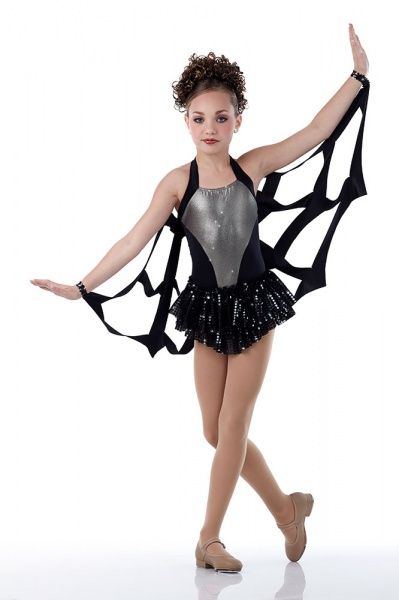 You don't have to dance at full strength. Go through the variations at least purely schematically. We recommend changing clothes approximately 40 minutes before going to the parquet. nine0003
You don't have to dance at full strength. Go through the variations at least purely schematically. We recommend changing clothes approximately 40 minutes before going to the parquet. nine0003
- warm up 10 minutes before the performance. Parents should make sure that their children stay together.
- it is customary for athletes to approach the dancesport coach after the dance (if the coach is with you).
- closely follow the dance runs. If the children dance in the last run, and the next dance in the first, then after the dance they need to stay on the site.
- if the athletes did not go out in their own run, then it is impossible to go out again in their run of the same dance. nine0003
- if the athletes did not enter their run, do not panic, enter the next one.
- if more than 7 pairs are registered in your group, then the tournament will be held in several rounds. Moreover, they can be interchangeable (for example, you dance a slow waltz in the 1st run, and a quickstep in the 3rd).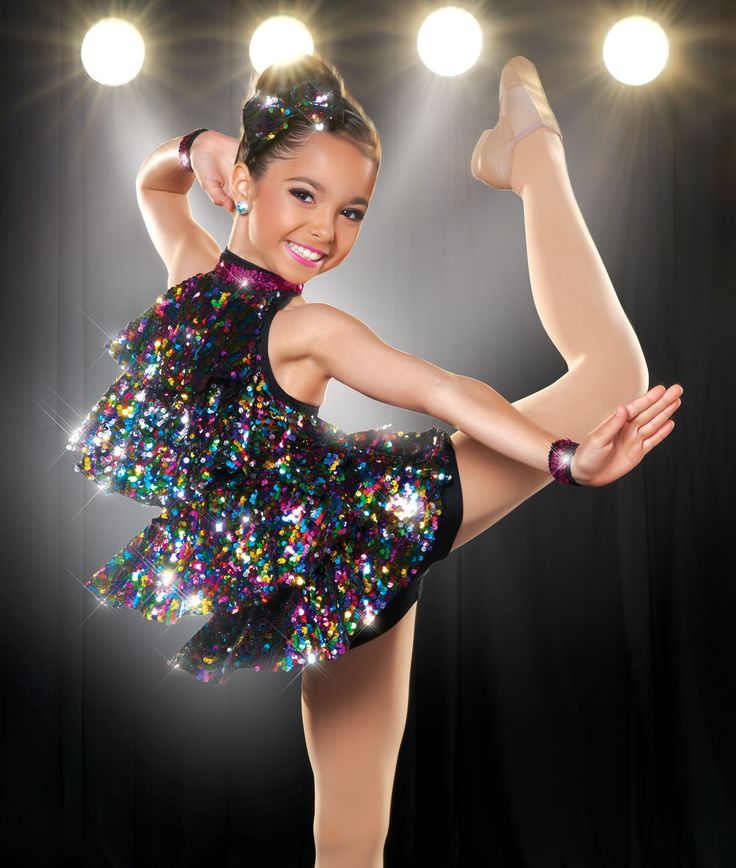 Therefore, carefully study and remember the numbers of your visits and in no case do not confuse them !!
Therefore, carefully study and remember the numbers of your visits and in no case do not confuse them !!
- if the athletes made incomprehensible remarks at the dancesport competitions or you notice some oddities - write down all the information from the chief judge and the organizers, and pass it on to your coach - he will be able to explain what happened and adequately respond to it, if necessary . nine0003
How to behave in competitions:
How to properly support your child? What should not be said? How to behave? Is your presence in the stands important to a child?
Parents in the stands
Child support
Competition is very important for a child from all points of view. Firstly, one competitive day in terms of its effectiveness is approximately equal to a month of training. Secondly, competitions are extremely important for a child from the psychological side: this is a test, a stressful situation, new achievements, and knowledge of victories and defeats.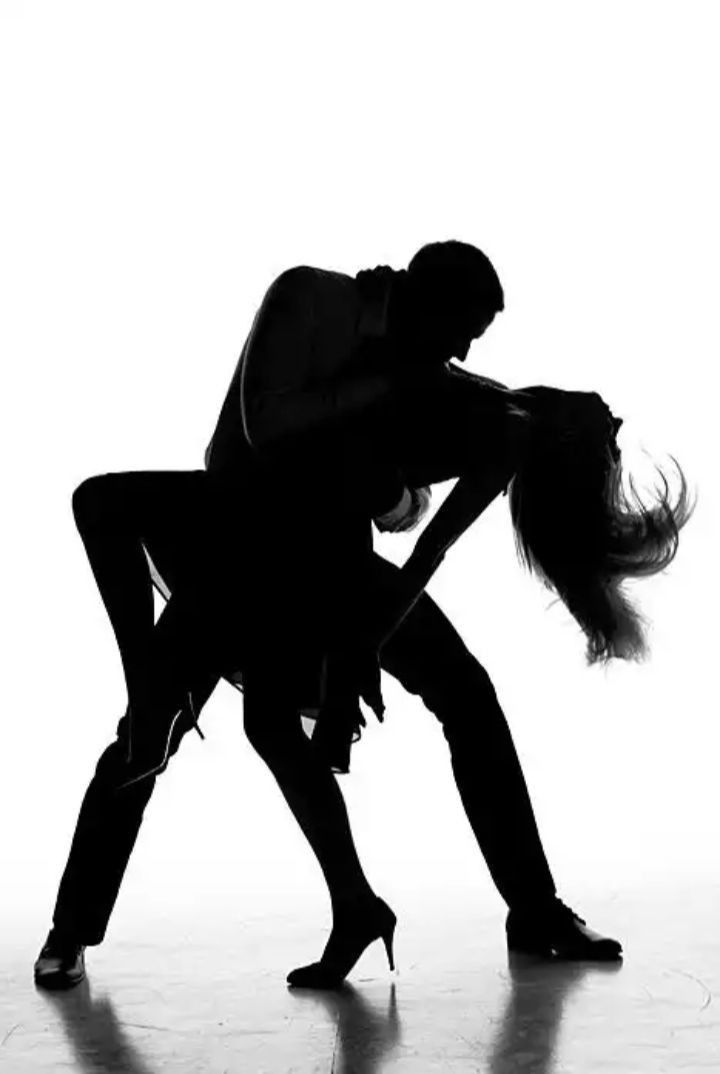 nine0003
nine0003
Any adult athlete needs the support and care of loved ones. For example, many tennis players travel the world with their mothers or fathers, who, in fact, play only one role: the role of a loved one who is nearby. The one with whom you can always talk, share your experiences and relieve the heaviest load of emotions. What can we say about children!
A child should not compete alone, without support from relatives. You must attend the competition. The coach and friends in the sports section, no matter how many there are, will never replace the parent sitting on the podium. nine0067 Your attitude to his performance, your assessment, your reaction is extremely important to the child .
Do you know what children most often shout to their parents on the podium? "Mom, dad, look!" Do you know why most children at home, after the competition, arrange real tantrums? "Mom, dad, you didn't look at me!" And the child is right.
Parental support at competitions
Vulnerable children's psyche needs your presence, as you are one with your child.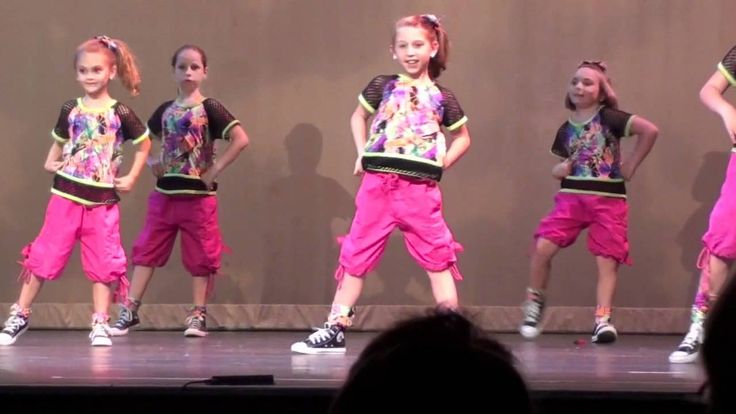 He cannot cope alone with that nervous tension and oppressive atmosphere typical for competitions. nine0067 He needs you!
He cannot cope alone with that nervous tension and oppressive atmosphere typical for competitions. nine0067 He needs you!
During the competition, he will cast a glance at you, his relatives many times, and all this time, you should meet his eyes, smile, wave to him. Your support must be absolute and complete, but not intrusive. A look, a slight movement of the head is enough to express your support from afar. If you scream, cheer furiously for the child, and God forbid anything loudly advise - all this can only harm, knock the child off the pace of the competition, upset and embarrass him. The exception is if your child himself does not ask you to "loudly" cheer for him. nine0003
Correct behavior
- Do not interfere in the competitive process. Two people should decide what and how to do: the coach and your child. Your advice, even if you are an honored master of sports, will only hurt. Remember that in childhood there are no mistakes - there is only experience.
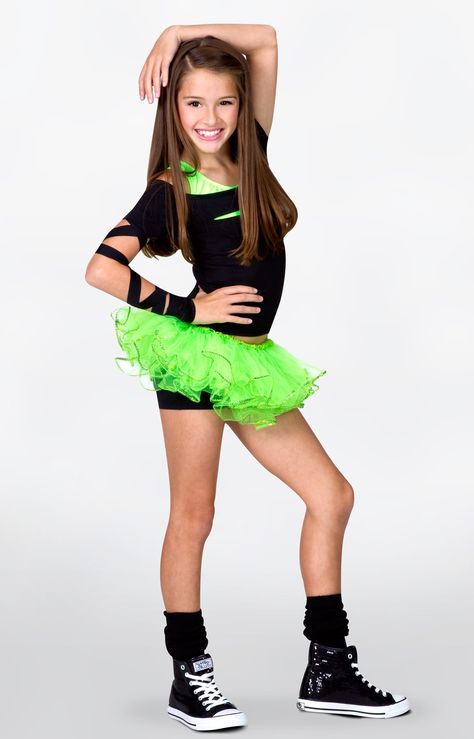 Your child should now primarily gain experience, and not bring home medals and awards.
Your child should now primarily gain experience, and not bring home medals and awards. - If you feel that your child is “weak”, “cowardly”, “compliant”, try to remember yourself at his age. Try to push aside all those protective mechanisms of your own psyche that you have been creating for many years and remember the truth to yourself. The truth, which turned out to be deliberately forgotten long ago. Maybe you have ever shown weakness? Maybe you were wrong once too? Maybe you were once a coward too? If so, let the child do the same. This is the necessary experience that you once received.
- No way don't swear if you lose. If for the first time it simply brings additional negative emotions to the child (which is not so terrible, of course, but ...), then at the next competitions the child will simply be afraid to lose because of how you react to his performances. And now this is scary.
- One of the main rules is you must approve not the fact of victory, but the desire for it.
 In other words, you must put character, emotions, human qualities above external categories - medals, cups, diplomas, victories. “You are a good man for winning. But the main thing is how you strived for this victory! With what zeal I wanted to win! I'm proud of you!". nine0178
In other words, you must put character, emotions, human qualities above external categories - medals, cups, diplomas, victories. “You are a good man for winning. But the main thing is how you strived for this victory! With what zeal I wanted to win! I'm proud of you!". nine0178 - It is especially important to note the will to win in any case: both when the child won and when he lost. Actually, whether your child won or lost is absolutely unimportant. It is important whether he showed his character, whether he wanted to win. This must be understood by both you and him.
Conclusion
Competitions for children and adults are very different, and the most important difference is in the purpose of these events. Adults are for the most part mature individuals, and therefore have the opportunity to compete for awards, cash prizes, gifts, etc.
Children's competitions are held not at all for the sake of giving something to a child. First of all, these are activities that allow the child to reveal his inner world, to demonstrate to the world (and parents for a child are at least half of this very world, if not all of it) their qualities and skills, to show the best that he managed to achieve at the current stage own life.
First of all, these are activities that allow the child to reveal his inner world, to demonstrate to the world (and parents for a child are at least half of this very world, if not all of it) their qualities and skills, to show the best that he managed to achieve at the current stage own life.
link to source https://rebenokvsporte.ru/kak-vesti-sebya-na-sorevnovaniyah-instruktsiya-dlya-roditelej/
After the performance, do not rush to change the athletes. Wait for the award. If your children are a participant in mass sports, then in any case, regardless of the place taken, you will receive a diploma of the 1st, 2nd or 3rd degree. If your children are participants in sports of the highest achievements, then you should wait for the award only if they danced in the final. Otherwise, you are free, unfortunately. Athletes not showing up for the awards may be punished, so make sure that the athletes respect the judges and the spectators come to the awards. nine0003
Never :
- Give children advice like “Hold your hand”, “Smile”, “Dance easy” and so on.
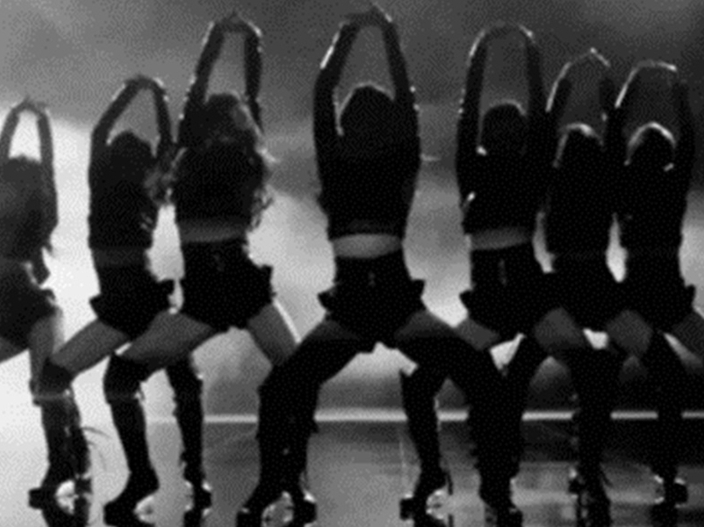 What is not trained cannot be corrected at the tournament. And it's also impossible to jump above your head.
What is not trained cannot be corrected at the tournament. And it's also impossible to jump above your head. - Get upset about your kids' dancesport costumes or dance hairstyles.
- Scolding the guys for an unsuccessfully danced dance. It has already been danced and still nothing can be fixed.
- Criticize your child's partner or partner. nine0178
- Express your opinion aloud about judges working at dancesport competitions.
- "Pestering" the main judge of the competition because of the results of your children received at the dancesport tournament. The chief referee of the competition monitors the observance of the rules: costumes, figures, tempo, duration of the melody, etc. He does not need to complain about the judges - he will not do anything anyway. You can only get clarifications.
Can :
- Shouting, clapping loudly, supporting your couple and teammates in dancesport competitions.

- Keep the dancers in a good mood.
After the performance:
If your child did not take 1st place in the competition and did not become the champion in sports dancing at this tournament, do not make a universal tragedy out of this! Be sure to celebrate any result.
Remember:
- Children are much more comfortable with failure than their parents. nine0178
- The dancesport coach also takes failure seriously.
- In sports dancing, each tournament is equal to a month of training in terms of training effect. And this is its main benefit.
- Inter-club dancesport tournament is a rehearsal, a test of readiness and character, psychological resistance to pre-launch unrest. The real level of children can be judged in open competitions in sports dances and at the championships of the city, region, country. nine0178
- Each "cross" means that this judge wants to see your couple in the next round of the dancesport competition.
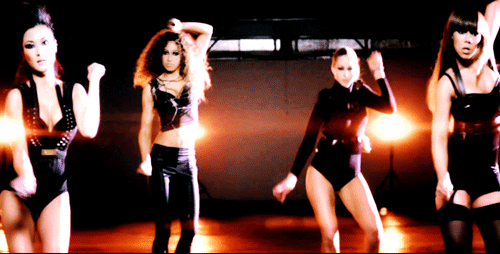
- Your children's rivals are also training and want to win dancesport tournaments. There are many dancers, but the first place is one.
Successful competitions and objective refereeing!
WHAT IT IS IMPORTANT FOR A DANCER'S PARENTS TO UNDERSTAND.
Today we would like to draw your attention to a few things that damage your reputation, the reputation of the club where your child works out and bring colossal harm to your little dancer! nine0003
The whole problem is blind love and unconscious actions!
1. SITUATION ONE
Occurs VERY FREQUENTLY (unfortunately).
When your baby is 4, 5, 6, 7...9 years old
When he is just starting to perform
When you (especially dads) are proud of your child and want to tell the whole world how wonderful your child is
YOU START PHOTOGRAPHING HIM !
And that's great, BUT!!!
Please note a few things:
1. During your child's performance, you try to get as close as possible to him, to draw his attention to you as much as possible in order to take the most beautiful photos in the world.
During your child's performance, you try to get as close as possible to him, to draw his attention to you as much as possible in order to take the most beautiful photos in the world.
And you don't care at all that the child shouldn't pose for you at that moment, shouldn't even notice you in the hall, let alone try to get closer to you.
A must:
Be in the view of the judges!
Notice only the coach in the gym!
And focus on the performance of the composition! nine0003
Unconsciously, by your actions you are preventing your dancer from performing well and taking a prize!
2. SITUATION TWO
You think that your children are still too young and much can be forgiven and allowed to them. BUT!
It is quite natural that during the performance on the floor, the dancer should be able to move freely around the floor without fear of injury and without restricting their movements!
BUT THEY CANNOT DO THIS because your small children are sitting on the playground, put their feet on the playground, water bottles and stuff!!! nine0003
Usually the technical commissioner asks to pick up the children from the playground, to take them beyond the boundary line, BUT YOU, the parents, DO NOT RESPOND to these calls, believing that the kids can do everything just because they are small!
I hope you understand that little children grow up, but habits remain.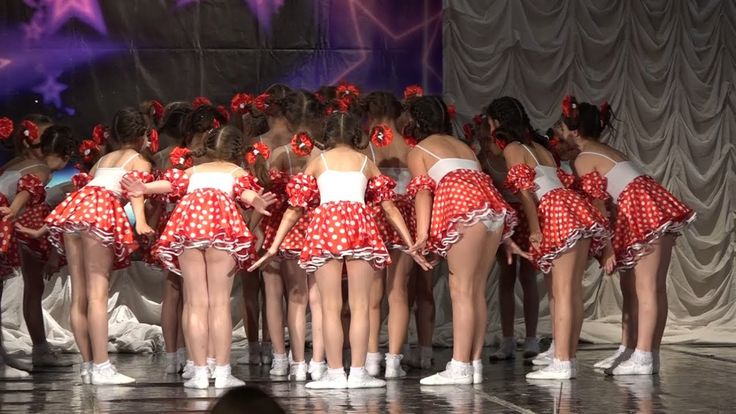 And if you do not instill the rules of behavior in a baby, then they will not appear in an adult!
And if you do not instill the rules of behavior in a baby, then they will not appear in an adult!
And then you will be indignant that your child stumbled over someone's foot on the playground and got injured. nine0003
That your child was not able to do all the movements with full force and with maximum amplitude because he was interfered with by OTHERS' KIDS sitting behind the restrictive strip!
That your team or dancer was disqualified for violations ...
But all this can be avoided by simply accustoming a little dancer to the rules of behavior on the dance floor!
3. SITUATION THREE
You leave the competition without waiting for the award for the reason:
- tiredness of your child
- or because your kid did not take a prize, but a coach can also get a finalist diploma
Such an attitude towards the results of your child's performance is simply CRIMINAL!
By such behavior you show disrespect to yourself, to your child, to your coach and to the event as a whole.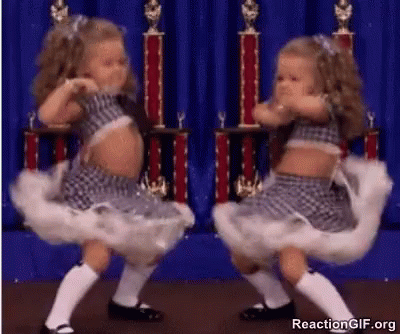
I consider this completely unacceptable and in my team I react very harshly to such behavior. Namely, either I do not allow the child to the next competition, or I leave his award in the club's fund (even if it is a cup or a medal). And I think this is a completely fair decision. nine0003
4. SITUATION FOUR
Photo on the pedestal.
Before or after the competition, parents start taking pictures of their beloved babies on the pedestal in various funny poses. It would seem a joke, Funny photo for memory, BUT!!!
It is these actions that devalue the value of the pedestal.
Have you ever seen that at the World Championships, European Championships or at the Olympic Games, athletes or dancers who have not received prizes and awards climb to the highest step of the pedestal to be photographed on it sitting, lying, somersaulting ...... . nine0003
Or maybe you have seen how anyone who wants to be photographed on the "Red Carpet" crawling along it like a plastuna or jumping into a twine!? It's even impossible to imagine!
So why do you allow yourself and your baby to act like this?
5.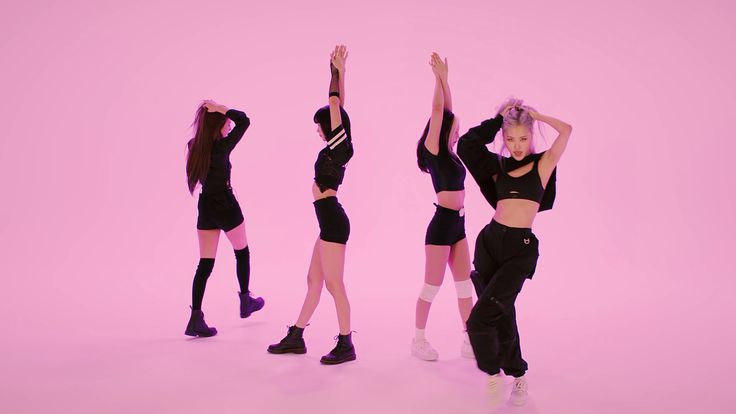 SITUATION FIVE
SITUATION FIVE
Your baby won! He happily runs to you, shows you the reward and receives a portion of praise from you! And with the whole friendly family you leave the hall.
Everything seems to be true, BUT think about it:
Is your child the only one to be praised in this situation? Or there is still a person in the hall who made a huge contribution to the victory of your child.
Maybe you should praise your kid, and then go up to your coach with him and thank him for the victory of your dancer?
I think it's worth it! It is worth accustoming the child to the fact that not only he is "guilty" of his victory, but also those people who teach him! It is worth accustoming yourself and the baby to certain norms and rules of behavior. nine0003
It may not be easy and it will cost you some work, but remember that it will pay off handsomely.
Let's love our children by bringing out the best in them.
ABOUT THE RELATIONSHIP BETWEEN COACHES AND PARENTS IN SPORT.
In our time, we often become witnesses of the hyper-participation and omniscience of the parents of athletes in the business that their children are engaged in. Coaches often hear advice and complaints about their work. At a certain moment, the question begins to arise about why you need us so much, if, according to the logic of many, we generally have no idea what to do and generally spend our time on the wrong things and the wrong ones? nine0003
In turn, I really want to ask parents about what they did to ensure that their athlete achieves success and the attention of a coach? Yes, yes ... You heard right. You have to fight for attention. Still, let's take a look.
1. What results can we talk about if your child misses classes all the time? In fact, in most cases it turns out that when we need it, we come and demand strictness and attention, and when we don’t need it, we can skip it. Go to a birthday party to eat a cake, go on an excursion, and also take part in 125 circles on reading poetry, making pottery and artistic whistling.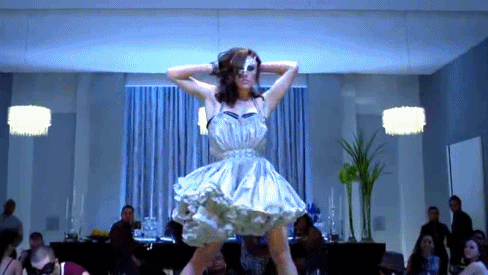 I will tell you as an athlete and coach that in order for there to be progress due to high ambitions, you need to sleep in the gym. And maybe in five years you will start to get something. Does the child do homework? I assure you that almost every athlete receives assignments and work at home. This is a minimum of strength training and stretching. Have you seen him doing something at home? School assignments you solve at home. Why do you think that the coach's tasks can be ignored? nine0003
I will tell you as an athlete and coach that in order for there to be progress due to high ambitions, you need to sleep in the gym. And maybe in five years you will start to get something. Does the child do homework? I assure you that almost every athlete receives assignments and work at home. This is a minimum of strength training and stretching. Have you seen him doing something at home? School assignments you solve at home. Why do you think that the coach's tasks can be ignored? nine0003
2. Do you keep track of your child's nutrition? There is a certain set of rules about the appearance, weight and nutrition of the athlete as a whole. If you feel sorry for your poor hungry child who ate the first, second, but was left without sweets, I suggest you an experiment. Pick up a 5-liter bottle of water and jump for 4 hours. Now think about the fact that your child is also three times smaller than you. Excess weight is primarily an injury. Whether you like it or not.
3. Have you instilled in your child the concept of diligence? Do you explain to him that in order for something to work out, you need to work hard, be patient? What you need to be able to listen and hear.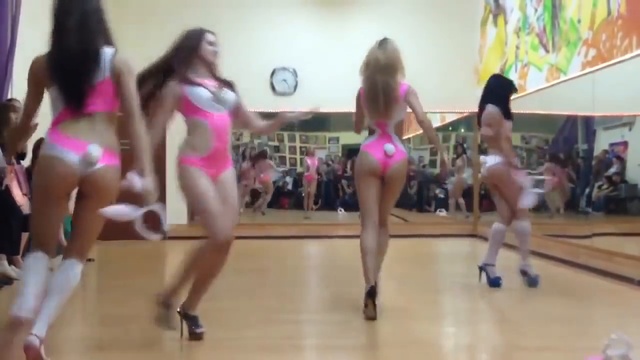 After all, the coach explains the same to everyone !!! Some people just hear it and some don't. And some don't need it at all. And someone is generally a terrible lazy person, and at least, excuse me, beat him with a stick, he will stand and sharpen his laces. But parents firmly believe that it is their child D'Artagnan who sometimes reaches the point of absurdity: the child's words about how diligent and promising he is are believed more than the coach's simple words: Lazy! nine0003
After all, the coach explains the same to everyone !!! Some people just hear it and some don't. And some don't need it at all. And someone is generally a terrible lazy person, and at least, excuse me, beat him with a stick, he will stand and sharpen his laces. But parents firmly believe that it is their child D'Artagnan who sometimes reaches the point of absurdity: the child's words about how diligent and promising he is are believed more than the coach's simple words: Lazy! nine0003
4. Very often one hears from children: "But my mother said that I don't need it." My dears, my mother has nothing to do with it at all. There are instructions from the coach about what you need to bring with you to competitions or training camps. Or what to take for training. Why do you think that this can be neglected? Understand that only your child gets problems.
5. Many parents today believe that school and sports should educate. No. Parents should teach the elementary rules of decency. Your child should know what respect for elders and especially his teacher is.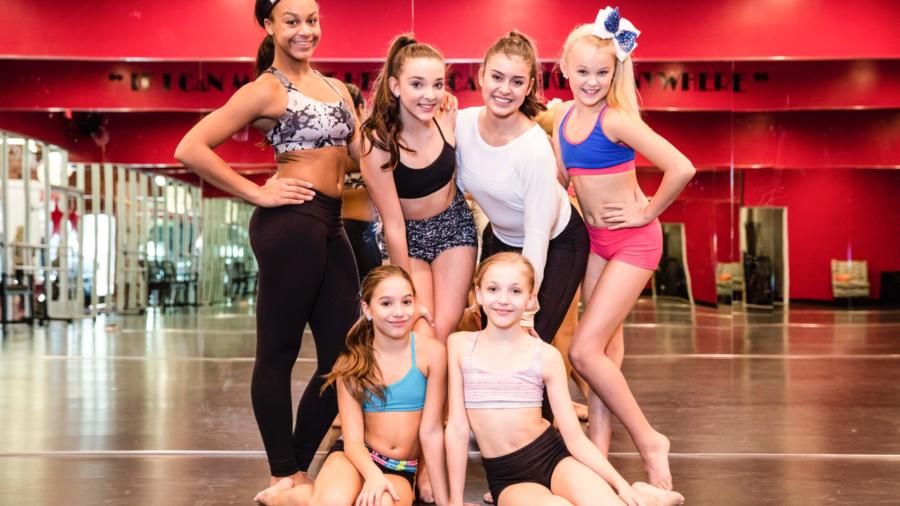 Entering the hall say: "hello." When leaving, do not forget to thank for the training and say "goodbye." Returning from the competition, do not forget to approach the teachers who did not accompany them, but also prepared for these starts, and say "thank you". Tell how everything went and discuss the mistakes. What about team work? It is very important to be able to start with yourself, and not blame each other for mistakes and sort things out. Believe me, we have to spend a million hours on changing understanding, education, conversations, etc. It is difficult for children. They are used to living in a state of eternal correctness, and the coach has to break character. Children should be able to make their own decisions. Help us teach them this. They have their little baby solutions too. For which they should be able to bear responsibility, and not look for someone to blame and wait for someone to decide everything for them and everything will work itself out. nine0003
Entering the hall say: "hello." When leaving, do not forget to thank for the training and say "goodbye." Returning from the competition, do not forget to approach the teachers who did not accompany them, but also prepared for these starts, and say "thank you". Tell how everything went and discuss the mistakes. What about team work? It is very important to be able to start with yourself, and not blame each other for mistakes and sort things out. Believe me, we have to spend a million hours on changing understanding, education, conversations, etc. It is difficult for children. They are used to living in a state of eternal correctness, and the coach has to break character. Children should be able to make their own decisions. Help us teach them this. They have their little baby solutions too. For which they should be able to bear responsibility, and not look for someone to blame and wait for someone to decide everything for them and everything will work itself out. nine0003
6. Never discuss the work of coaches and referees in front of children. And never interfere with the training process and the coach's plan, the decisions of the judges at the competition. Again, when I constantly hear some kind of dissatisfaction and questions, I want to ask: "Why such sacrifices and torments? After all, no one is holding you by force." What are the coaches maniacs what or what? Trust that each student has a different work plan and approach. Your educational work. And your pace of development. Someone thinks and learns quickly, but someone needs time. This is fine. We are all living people and we are all different. And do not panic at one unsuccessful performance. Children are not robots and always have the right to be human. Olympic champions make mistakes, what can we say about a little girl who first came out to perform at big competitions. Forget the words: "follow", "check", "pay attention" and so on... We don't come to your house and don't teach you how to fry cutlets, for example. nine0003
And never interfere with the training process and the coach's plan, the decisions of the judges at the competition. Again, when I constantly hear some kind of dissatisfaction and questions, I want to ask: "Why such sacrifices and torments? After all, no one is holding you by force." What are the coaches maniacs what or what? Trust that each student has a different work plan and approach. Your educational work. And your pace of development. Someone thinks and learns quickly, but someone needs time. This is fine. We are all living people and we are all different. And do not panic at one unsuccessful performance. Children are not robots and always have the right to be human. Olympic champions make mistakes, what can we say about a little girl who first came out to perform at big competitions. Forget the words: "follow", "check", "pay attention" and so on... We don't come to your house and don't teach you how to fry cutlets, for example. nine0003
And one more thing... The work of a coach, referee and any other teacher in this field is an endless work of the brain and the expenditure of energy. We cannot, like accountants, close the laptop and go home. There are always a lot of plans, performances in my head ... The coach always thinks about how best to do it here, and here ... And here ... He never rests. So please, let's give each other a rest. At work, we always give a part of ourselves to make your children better. After all, sport teaches not only to sit on the twine. He teaches us many human qualities that help us live in adulthood: responsibility, the ability to achieve one's own no matter what, perseverance, mutual assistance, the ability to solve problems in an acute situation, to think and not get lost, dignity and you can list for a very long time. This I mean that you don’t need to call at 8 am on a day off with a question about what dresses to buy or write SMS at 12 am that you forgot your shoes in the hall. nine0003
We cannot, like accountants, close the laptop and go home. There are always a lot of plans, performances in my head ... The coach always thinks about how best to do it here, and here ... And here ... He never rests. So please, let's give each other a rest. At work, we always give a part of ourselves to make your children better. After all, sport teaches not only to sit on the twine. He teaches us many human qualities that help us live in adulthood: responsibility, the ability to achieve one's own no matter what, perseverance, mutual assistance, the ability to solve problems in an acute situation, to think and not get lost, dignity and you can list for a very long time. This I mean that you don’t need to call at 8 am on a day off with a question about what dresses to buy or write SMS at 12 am that you forgot your shoes in the hall. nine0003
And, of course, no matter how much we would like and dream, there is only one first place. And there are thousands of athletes. To become an Olympic champion is not enough talent, appearance and even work.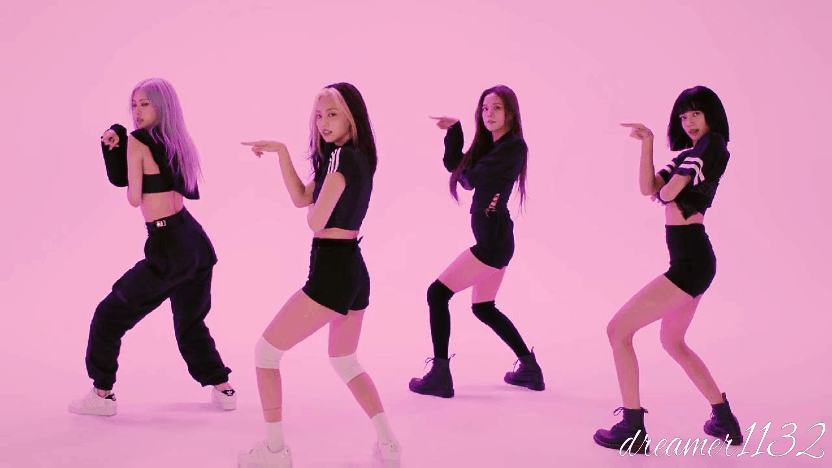 You have to be born under a very lucky star. And there is nothing wrong with your child exercising for the sake of the process, and not for the sake of medals. All this will not go unnoticed. Be your child's friend. Praise him, support him. And the coaches will scold him...
You have to be born under a very lucky star. And there is nothing wrong with your child exercising for the sake of the process, and not for the sake of medals. All this will not go unnoticed. Be your child's friend. Praise him, support him. And the coaches will scold him...
Let's say you decide to take up dancing, find a coach, everything suits you, classes have begun. And here the most interesting begins. Parents are wondering - when will the result appear? And what should it be? nine0003
The problem is that many parents (or their children themselves) come to dances with the hope that in a month or two at most they will be dancing like this wonderful couple in the video (who, by the way, have been dancing for decades). ). I want to warn you right away - know what you are going for! Dancing is primarily a sport. And in sports you need to work hard. It is especially necessary to understand this at the first stage.
At first, any good coach will put the child on the so-called base.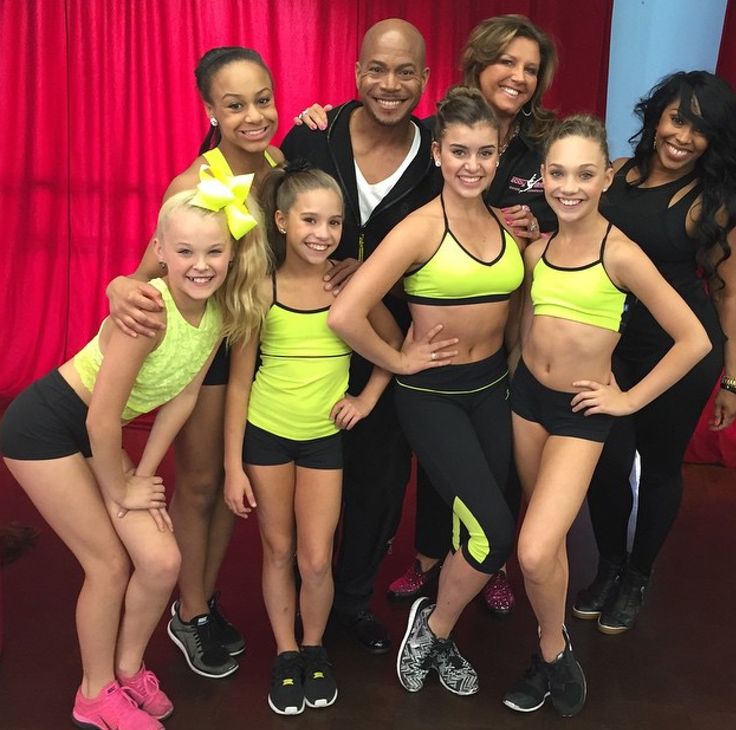 This is the ability to feel your body, which we talked about in the first issue. This is the ability to keep your back and head straight. This is the ability to listen to music, get into it, learning the simplest movements. This is the ability to work, diligence, perseverance. Yes, it is long, tedious, and there is nothing to brag about to the neighbors. It's not something you've seen on TV or on video. But this is exactly what children need for further success. Then acting skills, complex poses and supports, beautiful plasticity very easily fall on a good base. nine0003
This is the ability to feel your body, which we talked about in the first issue. This is the ability to keep your back and head straight. This is the ability to listen to music, get into it, learning the simplest movements. This is the ability to work, diligence, perseverance. Yes, it is long, tedious, and there is nothing to brag about to the neighbors. It's not something you've seen on TV or on video. But this is exactly what children need for further success. Then acting skills, complex poses and supports, beautiful plasticity very easily fall on a good base. nine0003
But often parents bring their children to dances not for their children, but for themselves - in order to realize their dreams and ambitions. Because it is fashionable, prestigious or very expensive. And the coach, seeing this, begins to "work off" parental money - instead of boring and necessary work on the base, children are given complex images, acting, complex choreography. This is immediately evident, because the children do not yet realize what they are doing, and for them this looks like just antics.
